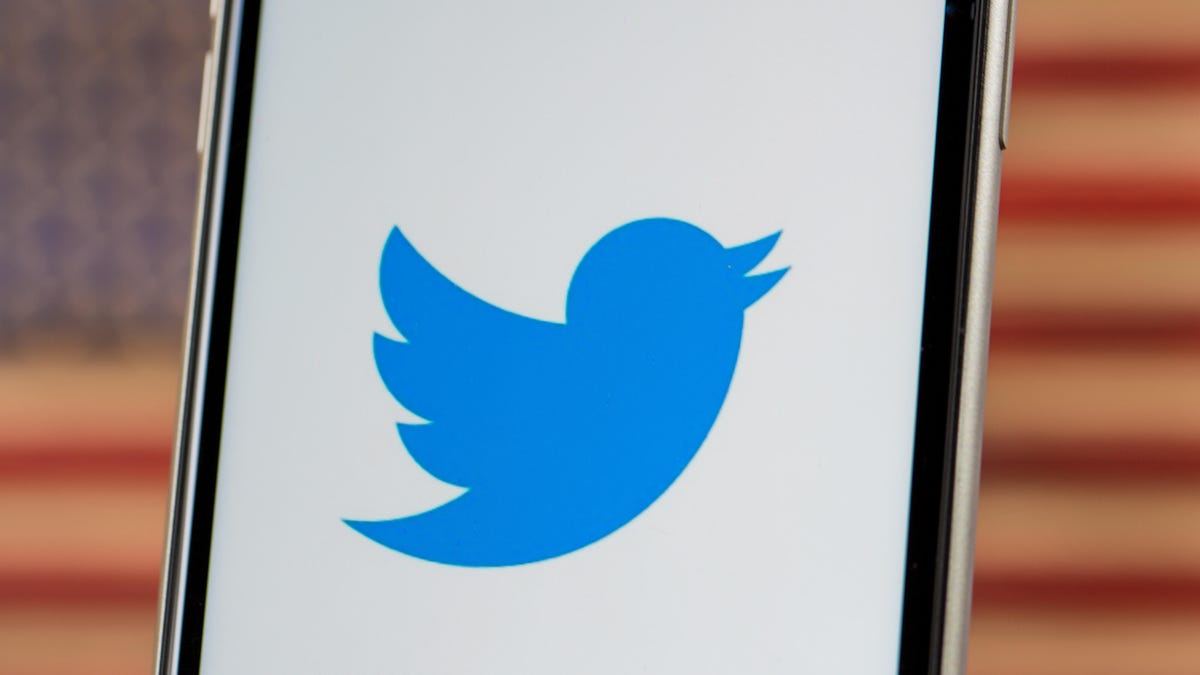Twitter to further limit misleading tweets ahead of the US election
The social network said it'll add more warnings and restrictions on misleading tweets from US political figures and other popular accounts.

Social networks such as Twitter say they're doing more to combat election misinformation.
Twitter on Friday outlined new steps it's taking to limit the spread of misinformation ahead of the US election in November, including adding more warnings and labels to misleading tweets from politicians.
The move illustrates how social networks are ramping up their efforts to combat misinformation weeks before the Nov. 3 election. More people are relying on social networks to get information about voting and the US election amid the coronavirus pandemic. At the same time, these sites are also filled with misinformation. This week, Facebook also announced new measures it was taking ahead of Election Day, including banning posts that aim to intimidate voters.
Twitter currently adds labels to certain tweets if they contain misleading information about the coronavirus, voting and other topics. Starting next week, if Twitter users try to retweet a misleading tweet that's been labeled, the company will show them a prompt that says the tweet is "disputed" and that includes a "Find out more" button directing them to credible information.
Starting next week, if Twitter users try to retweet a post that's been labeled as misleading, they'll see this warning.
A misleading tweet from a US political figure or an account with more than 100,000 followers or a lot of engagement will include a warning users will have to tap through to view the tweet. Users will only be able to "quote tweet" the post and won't be able to like it or simply retweet it. A quote tweet is different than a regular retweet in that users add a comment.
"We expect this will further reduce the visibility of misleading information, and will encourage people to reconsider if they want to amplify these Tweets," Twitter executives said in a blog post.
There have also been concerns that a US presidential candidate will declare victory before the results are official. Twitter said it'll label tweets that include premature victory claims, directing people to its US election page. The move is in line with how Facebook is also planning to tackle this issue. Twitter said it'll remove tweets meant to incite election interference, such as through violent action.
The company is also making changes that'll affect users globally. Starting Oct. 20 through at least the end of the week of the US election, Twitter will be encouraging people to add their own thoughts about a tweet through a quote tweet rather than just retweeting the content. The company is currently testing the change for some users, but it didn't specify how many.
"Though this adds some extra friction for those who simply want to Retweet, we hope it will encourage everyone to not only consider why they are amplifying a Tweet, but also increase the likelihood that people add their own thoughts, reactions and perspectives to the conversation," Twitter executives said.

